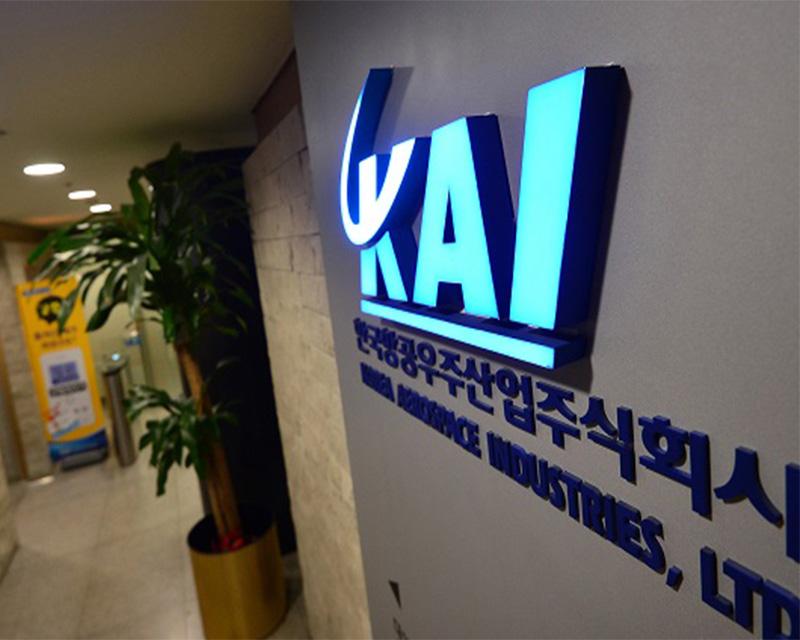On September 21, Kim In-Sik—the vice president of the Korea Aerospace Industries (KAI)—was found dead in his apartment next to a three-page suicide note amid investigations of corruption allegations surrounding Korea’s sole aircraft manufacturer. Public outrage heightened as this death took place just a day after the KAI Chief Executive Ha Sung-Yong’s arrest on suspicion of accounting fraud, embezzlement and other crimes.
“The Korea Aerospace Industries represents Korea as a whole in their field. They pretty much have a monopoly over the business and competition against them is practically impossible,” Bryan Hur (10) said. “But to have the face of Korea’s aircraft industry muddied with corruption scandals, the pressure and stress must have been crazy for the affiliated individuals.”
In his final words, he confessed that he had done his best, but he is sincerely regretful that things didn’t work out for him. He also briefly apologized to the company and its employees for causing concern; the rest of the letter was dedicated to his family. The suicide note, however, had no indication of the reason behind his death. Accordingly, the police have been further investigating into the potential causal relationship between KAI’s corruption scandals and Kim’s timely death.
“Although the broadcasting channels and media have been generally silent about the vice president’s death, it is impossible to think that Kim’s suicide is a simple coincidence,” Joanne Yang (9) said. “I’m pretty sure that Kim knew that he was going to get into a lot of trouble if he was thoroughly searched. Perhaps that trouble was of greater concern than living. Otherwise, why would a wealthy businessman with a loving family just go ahead and kill himself?”
Having been in charge of KAI’s international deals since 2013, Kim was under suspicion of being involved with the economic corruption of KAI. Korea’s Supreme Prosecutor’s Office later revealed that they had issued an arrest warrant to Kim the day before his death. According to Chosun Ilbo, Kim’s coworkers and Ha’s relative reported that Kim had recently shown signs of severe stress. With these details, the public seems to have come to a general consensus that Kim committed suicide in fear of getting caught by the extensive search for corruption in his company. Nonetheless, the police have kept their silence regarding further details or suspicions about Kim.
“What I don’t understand is why Kim committed suicide, not Ha,” Ye Ji Chun (11) said. “Nobody really even knew about Kim’s situation until this incident took place. The one under actual pressure and almost certain suspicions is Ha.”
Meanwhile, numerous allegations fell upon Ha the day before Kim’s death. Prosecutors suspect that the size of Ha’s accounting fraud may be hundreds of billions of won. Ha is also accused of creating a slush fund through dubious deals with a subcontractor of KAI. The election for his second term has also been alleged for bribery. Even on a national scale, Ha has been suspected of peddling influence in hiring about ten people with the help of the impeached former president Park Geun-hye. Despite relatively solid evidence regarding a few of the allegations, Ha has denied direct involvement in most of them.
The police have been suspecting that although the widening probe revolves around the KAI Chief Executive Ha Sung-Yong, Kim’s power in the company and close ties with Ha may lead way to the great depths of this corruption scandal.

